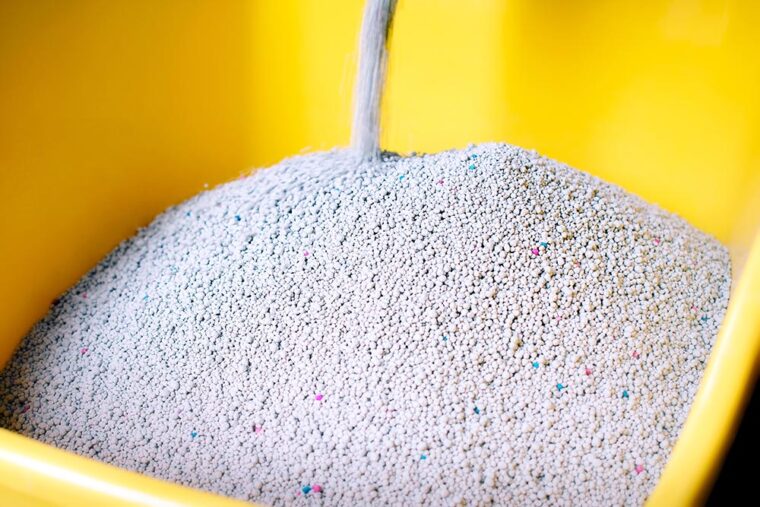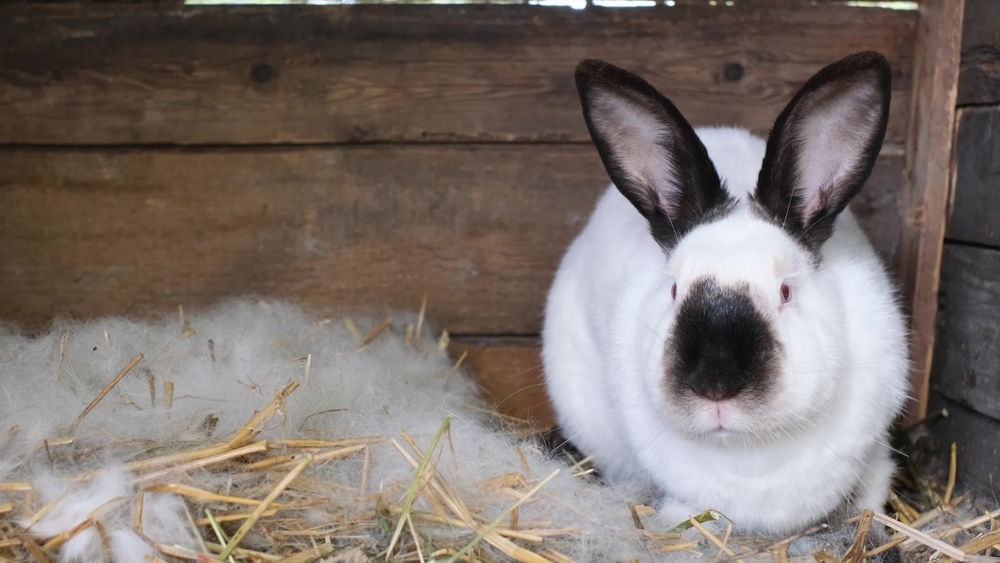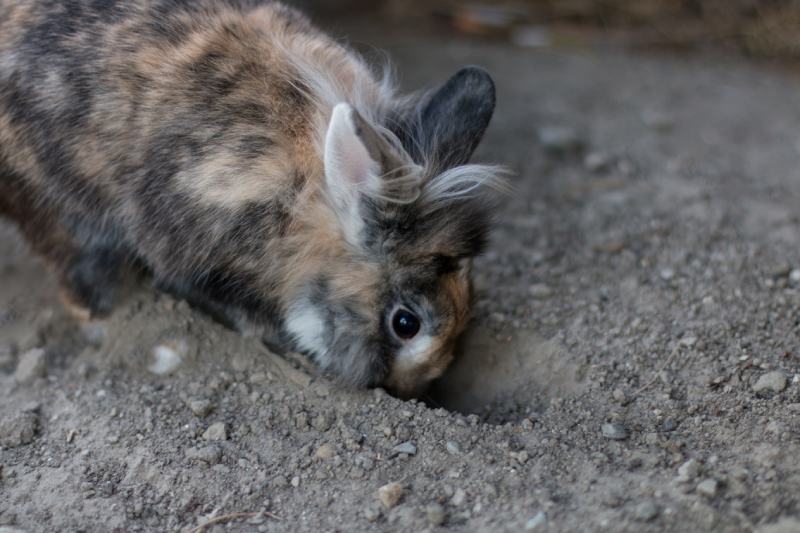
Rabbits are cuddly, adorable and make excellent pets. However, they can be rather messy, and their cages require daily spot cleaning. Rabbit owners should deep clean their rabbit’s cage or hutch at least once a week, or else it will smell quite unpleasant, which brings us to our question—can rabbits use cat litter?
The answer is no, as you shouldn’t use most cat litter products for rabbits because cat litter can contain harmful substances. There are a few that are safe for rabbits, but for the most part, it’s better to use other means. Read on to learn about the safest types of litter to use for your adorable rabbit.
Why Can I Not Use Cat Litter for My Rabbit?
Most cat litter will be harmful to your rabbit. A few exceptions are safe because they lack harsh chemicals, cedar and pine shavings, and unnatural toxins. If you put unsafe cat litter in your rabbit’s litter box, your rabbit could ingest some of it, which can cause intestinal blockages. Cat litter is often clumping, which is a ha for your rabbit’s digestive tract. Using cat litter is not advisable for rabbits due to the potentially harmful and toxic substances.

What Type of Litter Should I Avoid?
Here is a rundown of litter you should avoid for the safety and health of your rabbit.

What Type of Litter Is Best for Rabbits?
Now that we’ve established that most cat litter should be avoided, what type of litter is best? Rabbit urine is strong, and you need a litter that absorbs well and does not allow your rabbit’s poop and urine to stink up your house. In addition to needing good absorption, the litter should be safe and non-toxic to your rabbit because, as previously stated, rabbits often eat litter, and using cat litter for your rabbit is not worth the risk to your rabbit’s health.
The best types of litter to use are compostable. You can purchase safe litter made specifically for rabbits, such as pelleted wheat straw, that is all-natural and safe if consumed.
Conclusion
Most commercial cat litter, especially clay and clumping litter, is unsafe for your rabbit. It’s best to stick to all-natural products, such as wheatgrass-based pellets and paper litter. Compressed sawdust pellets work well because they offer excellent odor control and help contain bacterial growth. Newspaper is a rabbit owner’s favorite, but the only downfall is no odor control.
Ultimately, the best options are all-natural products that will not harm your rabbit if ingested but also provide odor control.
Featured Image Credit: Seika Chujo, Shutterstock









